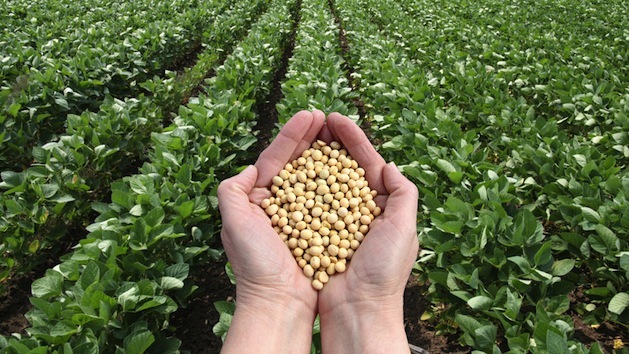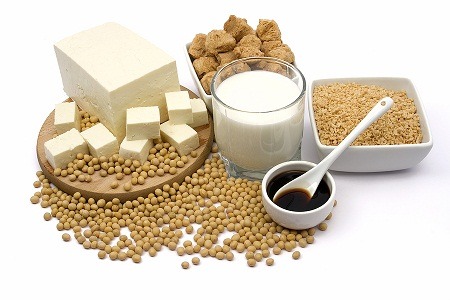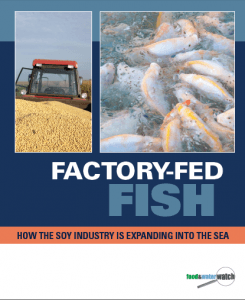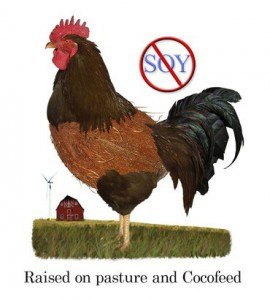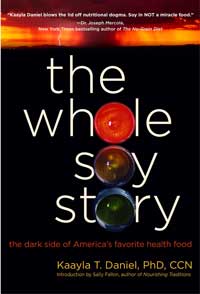Soy — Health Food or Not?
It’s a controversial topic in the culinary world today — the perception some have that soy is a health food. Soybeans in the pod, you may know, look a little like short, puffy, green peas with peach fuzz on the outside. Representatives from the U.S. Food and Drug Administration (FDA) just announced a boomerang-like decision on how soy protein should be viewed from now on. In fact, the agency is proposing to revoke its long-held stance that soy protein can lower your heart disease risk. The current claim, which you may have seen on various food packages, reads: “25 grams of soy protein a day, as part of a diet low in saturated fat and cholesterol, may reduce the risk of heart disease.” Many health advocates claim soy must be good for you because Asian people — arguably one of the healthiest populations on the planet — have eaten it a lot, and have some of the lowest rates of heart disease, cancer and dementia worldwide, so, it appears, the rest of the world should eat soy protein products, too. However, the type of soy traditionally consumed by Asian people differs from that being heavily marketed in the U.S. Soy rose seemingly from nowhere into the American consciousness in the late 20th century. In 1999, the FDA allowed food producers to claim that soy protein was heart healthy, but continuing research has convinced government officials to take a closer look. Incidentally, there are 12 health claims sanctioned by the FDA for packaged foods, including the continued (and false) insistence that saturated fat is the culprit behind heart disease.




